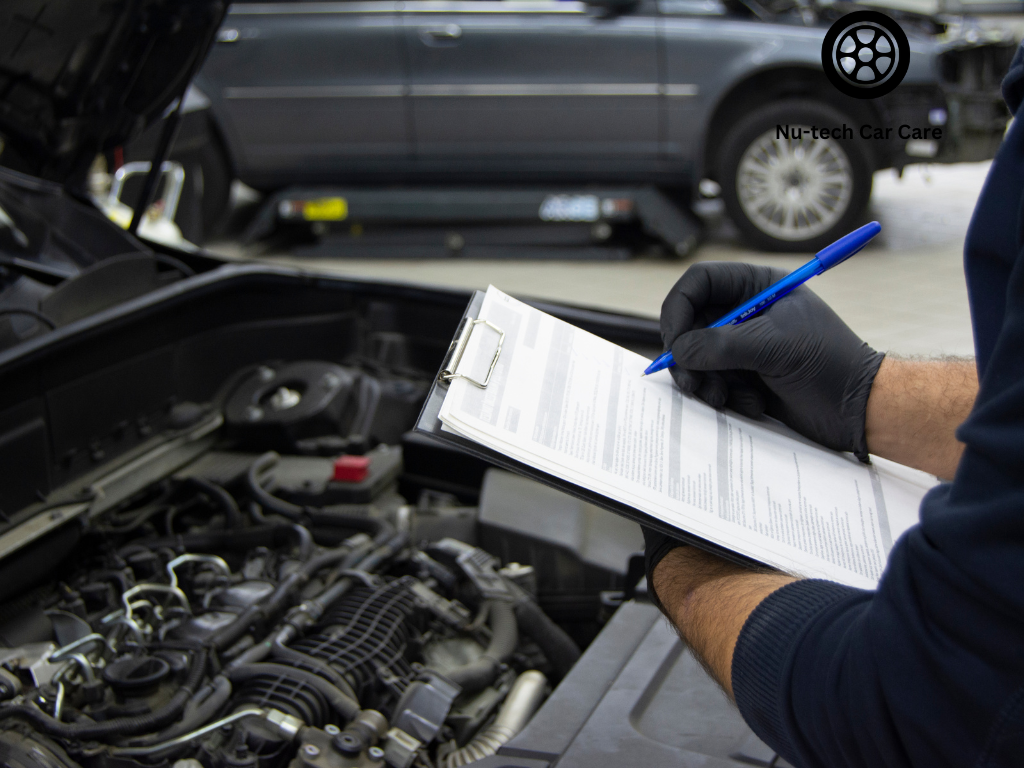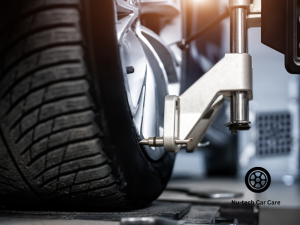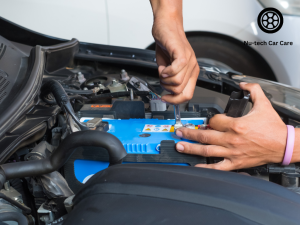A car logbook is an indispensable asset for every vehicle owner, especially during the warranty period. It serves as an official record of all maintenance, repairs, and services your car undergoes. In the realm of automotive warranties, a well-maintained logbook acts as a critical tool, providing undeniable proof of proper vehicle care and adherence to maintenance schedules. This documentation is essential, as it directly influences the validity of warranty claims. Without it, warranty providers might deny coverage for repairs, citing inadequate maintenance or failure to follow the manufacturer’s recommended service intervals.
Key Benefits of Maintaining a Detailed Logbook
Diligent entries in a car logbook offer numerous advantages beyond warranty claims. They facilitate a comprehensive history of the vehicle, which can significantly enhance its resale value. Prospective buyers are more inclined to purchase a car with a transparent and thorough maintenance record, as it instills confidence in the vehicle’s condition and upkeep. Moreover, a detailed logbook assists car owners in tracking service schedules, ensuring timely maintenance that can prevent costly repairs and extend the vehicle’s lifespan.
Understanding Car Warranties and Logbook Requirements

What is Covered Under a Car Warranty?
Car warranties typically cover defects in materials and workmanship for a specified period. Coverage can vary significantly between manufacturers and warranties, often including the powertrain, electrical components, and other critical systems. However, warranties require adherence to a maintenance schedule outlined by the manufacturer, emphasizing the importance of understanding the specific terms and conditions of your car’s warranty to maintain coverage eligibility.
The Role of a Logbook in Maintaining Your Warranty
The logbook plays a pivotal role in upholding the warranty by documenting adherence to the manufacturer’s recommended maintenance schedule. It provides a chronological record of services, inspections, and repairs, ensuring that all warranty conditions are met. This documentation is often the first thing requested by dealerships or warranty providers when a claim is made, serving as evidence that the vehicle has been properly cared for and that any potential issues are not due to neglect or improper maintenance.
Setting Up Your Car’s Logbook for Warranty Success

Essential Information to Record in Your Logbook
To ensure your logbook effectively supports warranty claims, it should include detailed records of:
- Date and mileage at the time of each service or repair,
- Descriptions of the services performed and parts replaced,
- Names and addresses of the service providers,
- Receipts and documentation of parts used and work completed.
Digital vs. Paper Logbooks: Choosing the Best Option for You
Both digital and paper logbooks have their merits. Digital logbooks, accessible via smartphone apps or online platforms, offer convenience, easy storage, and quick retrieval of records. They can automatically update service intervals and send reminders for upcoming maintenance. Paper logbooks, on the other hand, provide a tangible record that many find reliable and straightforward to use, without the need for technology. The choice between digital and paper depends on personal preference, ease of use, and accessibility. Regardless of the format, the key is consistent and detailed record-keeping to ensure warranty compliance and vehicle care.
Logbook Entries: Best Practices for Warranty Compliance

Timely Updates: Keeping Your Logbook Current
One of the foundations of maintaining a logbook that meets warranty compliance is ensuring it’s always up to date. Regular, timely updates are crucial for creating a continuous and accurate vehicle history. Owners should make it a habit to record services and repairs immediately after they occur to avoid any gaps or discrepancies. Setting reminders for routine maintenance and immediately updating the logbook after each visit can help maintain a consistent record. This diligence not only aids in warranty claims but also in tracking the vehicle’s maintenance needs over time.
Detailed Entries: What to Include for Each Service or Repair
For each service or repair, your logbook entry should be comprehensive, including:
- The date of service and the vehicle’s mileage,
- A detailed description of the service performed or the issue addressed,
- Names and qualifications of the technicians or service providers,
- An itemized list of replaced parts and their respective part numbers,
- Copies of receipts and service records.
This level of detail ensures that warranty providers have clear, unequivocal evidence of proper maintenance and repairs, facilitating smoother claims processes.
Navigating Services and Repairs Within the Warranty Period

Identifying Warranty-Safe Automotive Services
Choosing automotive services that comply with your car’s warranty requires a good understanding of the warranty terms and a discerning approach to selecting service providers. Always refer to your vehicle’s owner manual for recommended service intervals and specifications. Opt for reputable service centers that are familiar with your vehicle’s make and model, and ensure they use approved parts and fluids to avoid voiding the warranty. It’s also wise to consult with the dealership or warranty provider before undertaking significant repairs or maintenance to confirm they won’t impact your coverage.
Using Your Logbook to Communicate with Service Providers
Your logbook can be a powerful tool in ensuring that automotive services are performed to the standards required by your warranty. By presenting a detailed logbook to service providers, you can demonstrate your commitment to maintaining the vehicle according to manufacturer specifications. This can also help service technicians understand the vehicle’s history, allowing them to make more informed decisions about maintenance and repairs. Furthermore, discussing your logbook entries with service providers can ensure that any services performed are accurately recorded, maintaining the integrity of your vehicle’s maintenance history and supporting warranty compliance.
Troubleshooting Common Logbook and Warranty Issues

Addressing Discrepancies in Logbook Entries
Discrepancies in logbook entries, such as missing information or errors, can adversely affect warranty claims. To rectify these issues, first review your logbook regularly to catch any discrepancies early. If you find an error or a missing entry, correct it as soon as possible. For missing documentation, contact the service provider to obtain copies of service records or receipts. If correcting an entry, clearly note the date of the correction and, if possible, provide evidence to support the change. Keeping digital copies of service records can also serve as a backup to your physical logbook entries.
What to Do if Your Warranty Claim is Questioned
If your warranty claim is questioned due to logbook records, gather all relevant documentation, including service receipts, detailed entries, and any correspondence with service providers. Presenting a comprehensive record can often clarify misunderstandings and support your claim. If the dispute continues, consult the warranty provider’s dispute resolution process. As a last resort, seeking independent legal advice can provide guidance on your rights and the next steps to take.
The Critical Role of a Well-Maintained Logbook for Cars in Warranty
A well-maintained logbook is indispensable for car owners, especially during the warranty period. It not only ensures that your vehicle receives the necessary care but also stands as a testament to the diligence maintained in its upkeep. This diligence is crucial when it comes to warranty claims, as a detailed logbook can be the deciding factor in validating these claims. Beyond warranty considerations, a comprehensive logbook also enhances the vehicle’s resale value, providing a transparent history of its maintenance to prospective buyers.
Encouraging Proactive Logbook Management
Proactive logbook management cannot be overstated in its importance. It requires regular updates, attention to detail, and a commitment to maintaining your vehicle according to manufacturer specifications. This proactive approach not only ensures that you can fully leverage your warranty should the need arise but also contributes to the overall health and longevity of your vehicle. Ultimately, a well-maintained logbook reflects a well-maintained car, paving the way for worry-free ownership and the peace of mind that comes with knowing your vehicle is cared for properly.










